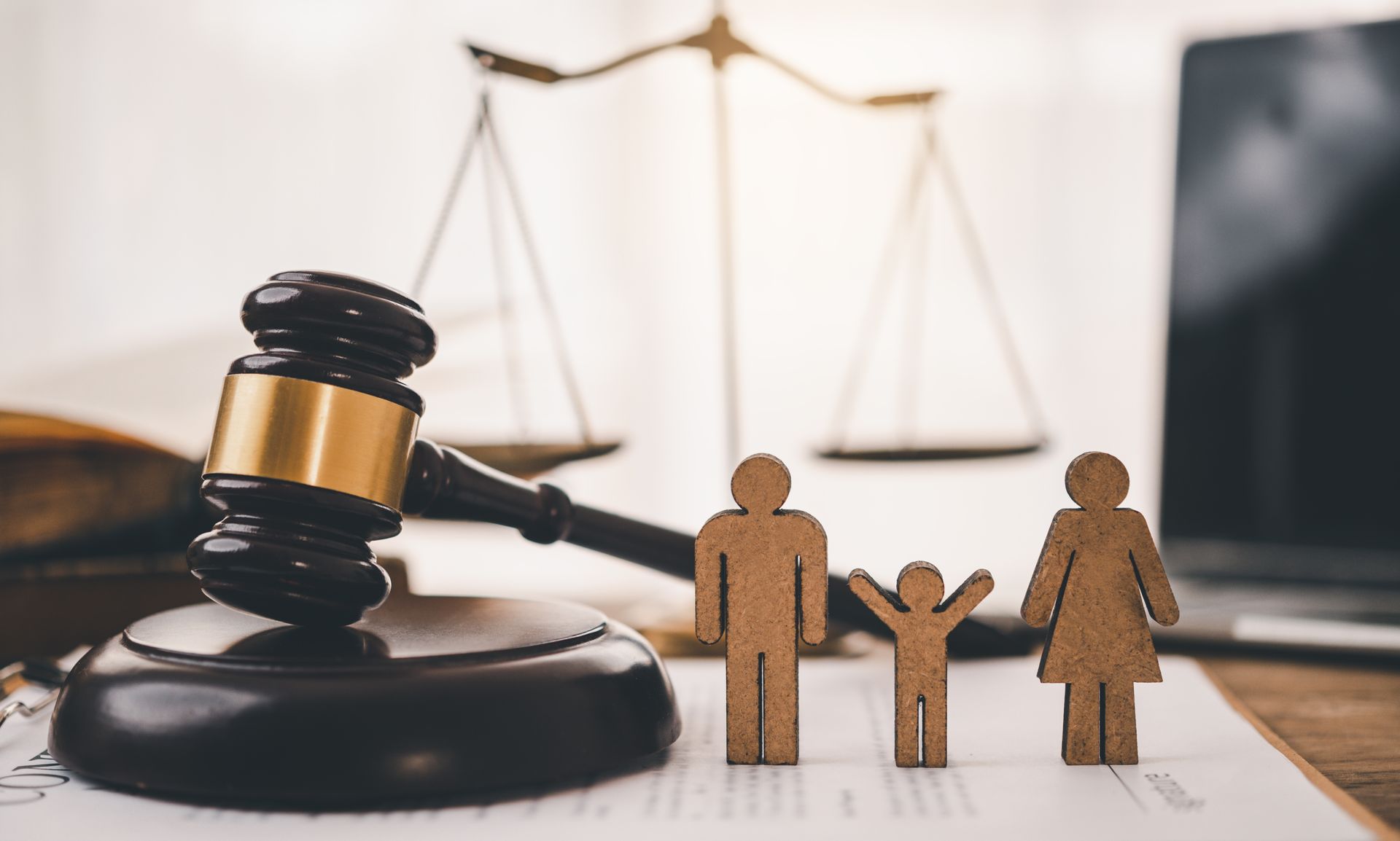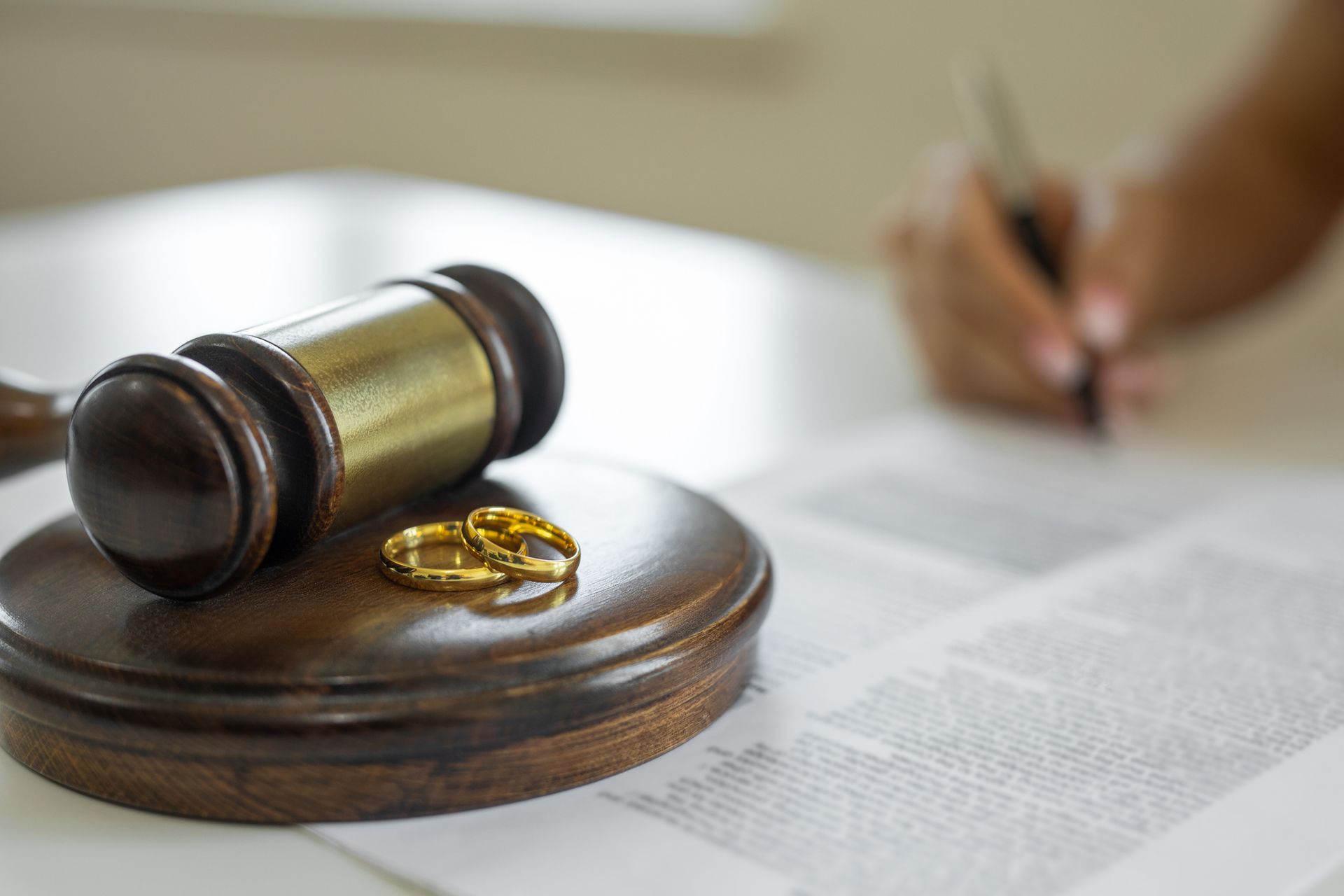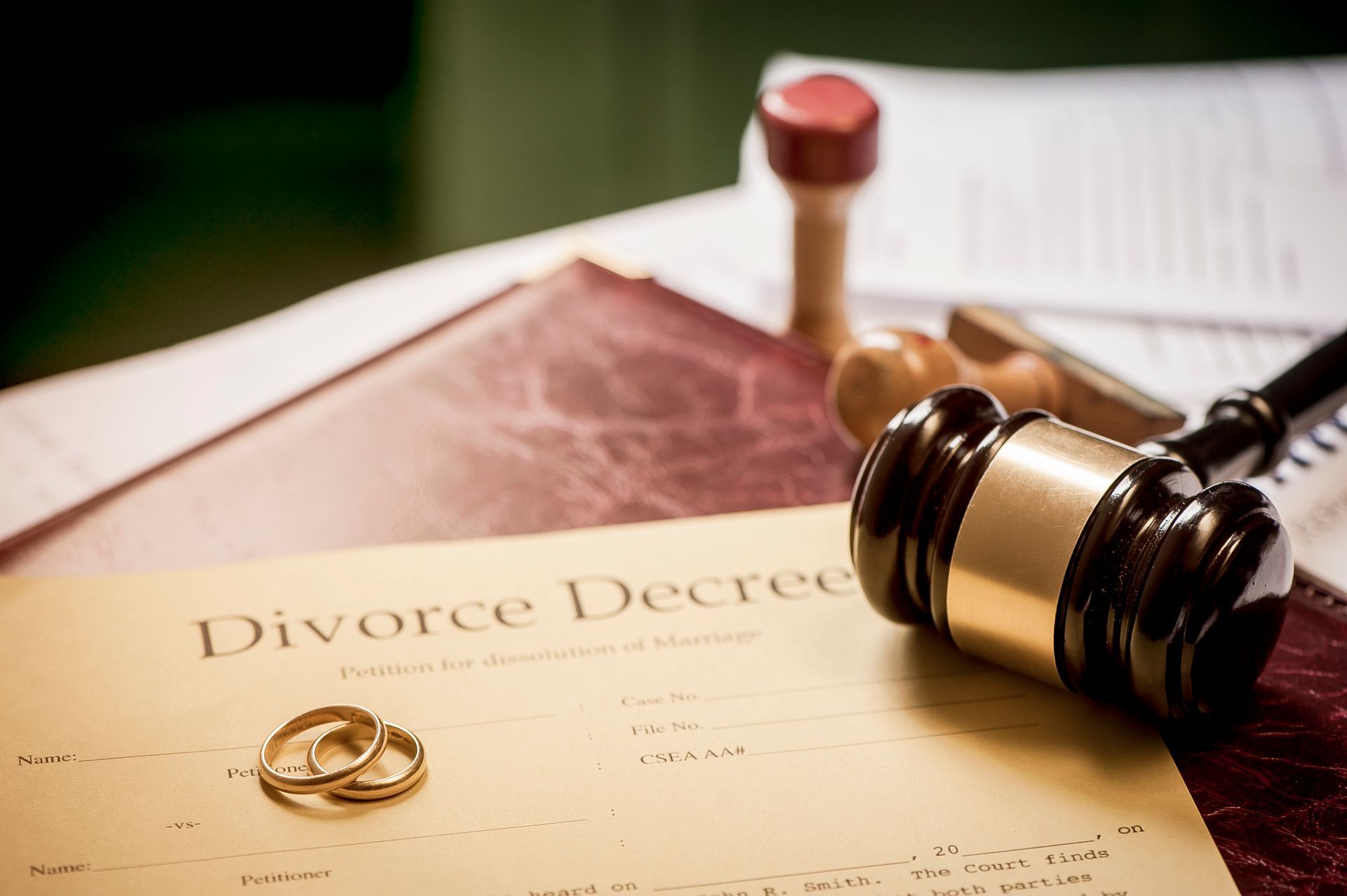An Overview of Chapter 7 Bankruptcy
Are you currently overwhelmed with debt and want to file for bankruptcy? Chapter 7 bankruptcy may be an option for you. Whether you want to explore your options due to debt or are ready to take the next step, a comprehension of Chapter 7 bankruptcy will provide valuable information to help guide your decision-making.
This blog will provide you with all the necessary details to learn about Chapter 7 bankruptcy.
Definition of Chapter 7 Bankruptcy
Chapter 7 bankruptcy, also referred to as a straight or liquidation bankruptcy, is a legal procedure that enables individuals to have their unsecured debts dismissed by a bankruptcy court, including credit card debt, medical expenses, and personal loans.
When you apply for Chapter 7 bankruptcy, you must provide the court with all your financial information so that the court can assess if you qualify. You will be able to discharge all your outstanding and unsecured debts and will no longer be liable for them if you do so. In rare situations, the debtor must surrender part of their property to repay their creditors.
Chapter 7 bankruptcy has a long-term detrimental influence on the debtor's credit rating. Thus, you should only use it as a last resort.
Qualifications and Eligibility for Chapter 7 Bankruptcy
The debtor must be an individual to qualify for remedies under Chapter 7 of the Bankruptcy Code. Applicants must successfully complete a debt management course with an accredited credit counseling agency within 180 days of filing.
The applicant must not have declared a Chapter 7 or Chapter 13 bankruptcy within the last eight or six years, respectively. Applicants must also undergo a means test to assess whether they have enough expendable revenue to make partial payments to unsecured creditors.
Filers who do not meet the means test can petition for Chapter 13 bankruptcy. If the filer seeks to cheat creditors, the court may dismiss the case. Finally, a bankruptcy discharge does not remove a property lien.
Roles of a Trustee and Asset Liquidation
The trustee in Chapter 7 Bankruptcy reviews and evaluates the debtor's financial situation to ensure that the debtor treats all creditors fairly. The trustee collects and liquidates the debtor's non-exempt property, pays creditors, and reports to the court.
However, bankruptcy law recognizes that individuals require certain assets to keep a job, have a place to live, and generally maintain a decent quality of life. Thus, bankruptcy law exempts some property and assets deemed essential for modern life.
These exemptions include automobiles (up to a specific value), essential clothing, household items, electronics, jewelry (up to a certain value), pensions, a share of equity in the debtor's property, instruments of the debtor's trade or occupation (up to a certain value), a percentage of earned but unpaid salaries, public benefits, and compensatory damages for bodily harm. Any assets outside these exemptions qualify for liquidation.
Debt That Is Not Discharged in Chapter 7 Bankruptcy
In Chapter 7 bankruptcy, a trustee liquidates the debtor's non-exempt assets and utilizes the revenues to repay creditors. After the payment of all qualified obligations, the court discharges the remaining debts, which means they are no longer valid and enforceable against the claimant. However, Chapter 7 Bankruptcy does not eliminate all debts.
Some of the non-dischargeable debts under Chapter 7 bankruptcy include:
- Child support
- Alimony
- Court fees and penalties
- Student loans
- Some tax debt
- Personal injury debts
- Homeowners' association fees
- Unsecured debts intentionally left off the filing
- Debts related to luxury acquisitions or cash advances
Due to the complex process and legal terminology associated with such a significant procedure as filing for Chapter 7 bankruptcy, a professional can help you understand how to navigate the process and what you should do to successfully file. Contact us at John D Wieser Esq if you need assistance with a Chapter 7 bankruptcy claim.









